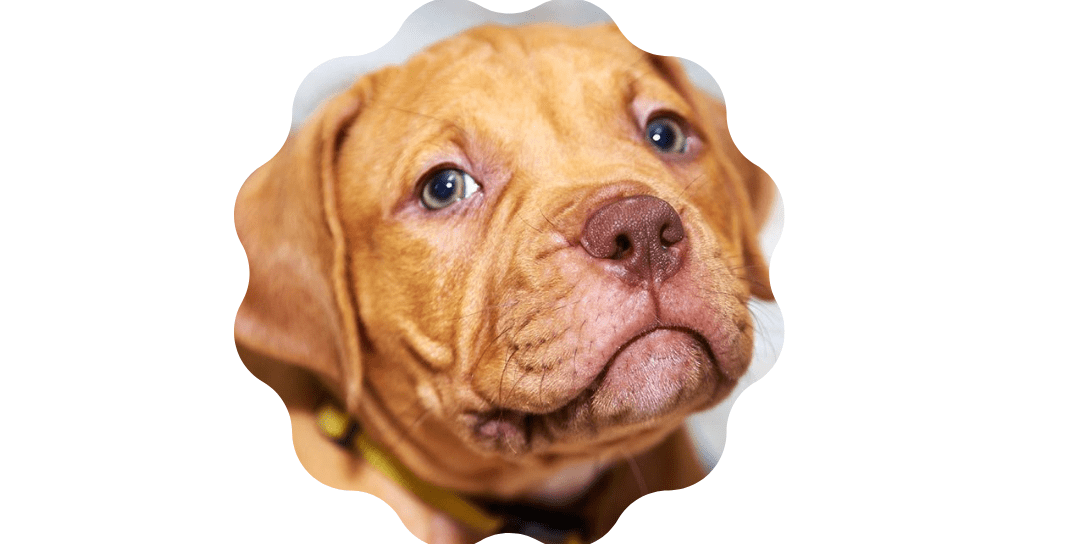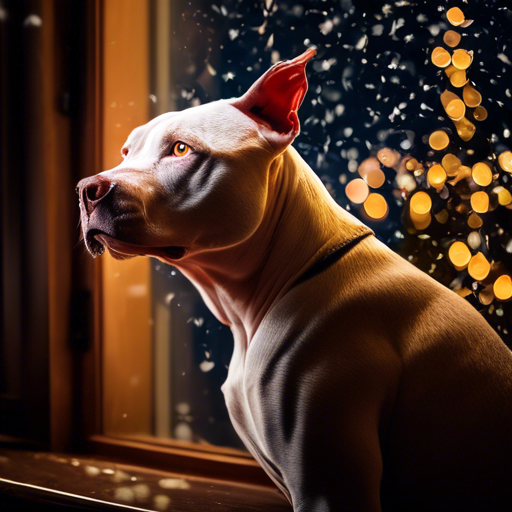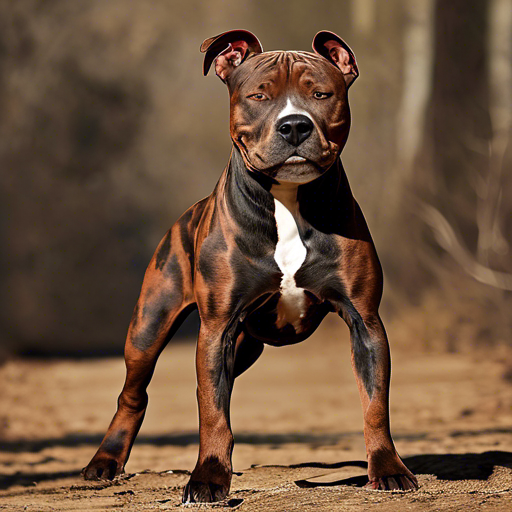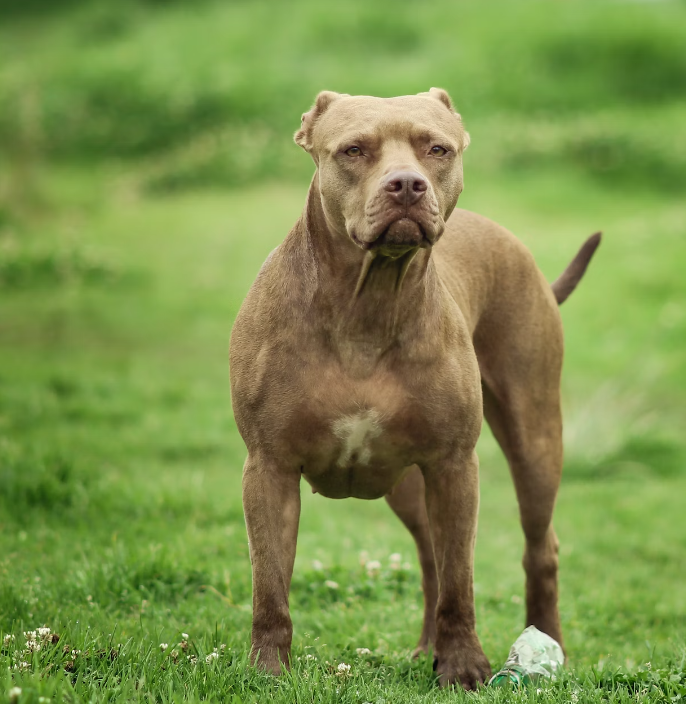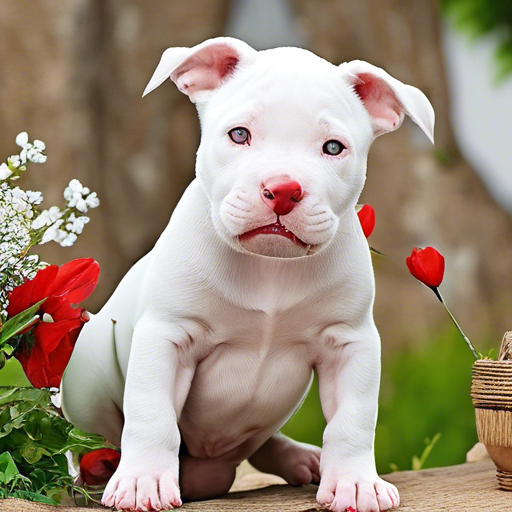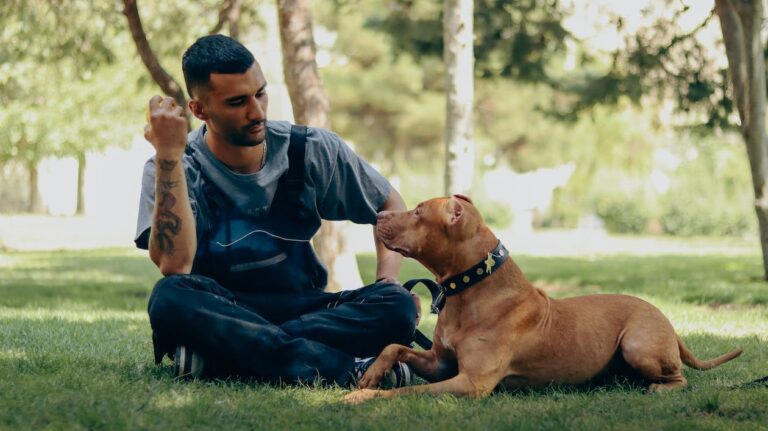Red Nose Pitbull: The Protection Dogs
Introduction
Yes, Red Nose Pitbulls are often referred to as protection dogs due to their loyal and protective nature. While they are not officially recognized as a specific breed of protection dog, many people choose Red Nose Pitbulls for roles such as guard dogs or family protectors. With proper training and socialization, these dogs can exhibit strong guarding instincts and may deter potential intruders or threats to their home and family. However, it’s important to note that their effectiveness as protection dogs depends on various factors, including individual temperament, training, and environment. Additionally, responsible ownership and proper management are essential to ensure that Red Nose Pitbulls fulfill their protective roles safely and appropriately.
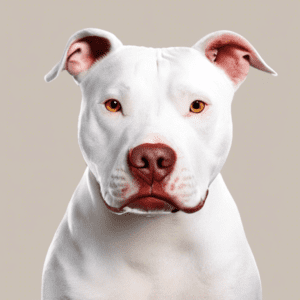
Characteristics of Red Nose Pitbulls
Red Nose Pitbulls are characterized by their friendly and affectionate temperament. Despite their muscular build, they are known for their gentle disposition, especially towards children. Their distinctive red noses and coats vary in shades of red, creating a unique and striking appearance.
History of Red Nose Pitbulls
Originally bred for bull-baiting and later as farm dogs, Red Nose Pitbulls have a rich history dating back to 19th century England. Their ancestry can be traced to the Old English Bulldog and various terrier breeds. Over time, they evolved into versatile working dogs, excelling in tasks such as hunting, herding, and yes, protection.
Training Red Nose Pitbulls for Protection
Proper training is essential for harnessing the protective instincts of Red Nose Pitbulls. Obedience training establishes boundaries and builds a strong foundation for further instruction. Protection training focuses on honing their natural instincts to defend their territory and loved ones.
Legal Considerations for Owning a Protection Dog
Owning a protection dog, including a Red Nose Pitbull, comes with legal responsibilities. Breed-specific legislation may restrict ownership, and owners can be held liable for any incidents involving their dog. It’s crucial to familiarize oneself with local laws and regulations.
Benefits of Having a Red Nose Pitbull as a Protection Dog
The presence of a well-trained Red Nose Pitbull can deter potential threats and provide peace of mind. Beyond protection, they form deep bonds with their owners and thrive on companionship and affection.
Responsibilities of Owning a Red Nose Pitbull
Owning a Red Nose Pitbull is a significant responsibility. Proper care, training, and socialization are paramount to ensuring they remain well-adjusted and obedient companions. Providing a loving and stable environment is essential for their overall well-being.
Common Misconceptions About Red Nose Pitbulls
Despite their loving nature, Red Nose Pitbulls are often misunderstood. Misconceptions about their aggressiveness persist, fueled by sensationalized media coverage. In reality, proper training and socialization play a more significant role in shaping their behavior than inherent aggression.
Choosing the Right Red Nose Pitbull for Protection Work
When selecting a Red Nose Pitbull for protection work, temperament should be the primary consideration. A stable and confident demeanor is essential for the role. Additionally, ensuring the dog is in good health and free from genetic defects is crucial for their long-term performance.
Maintaining the Health and Well-being of Your Red Nose Pitbull
Proper nutrition, regular exercise, and routine veterinary care are essential for maintaining the health and well-being of a Red Nose Pitbull. A balanced diet tailored to their needs, along with ample opportunities for physical activity, will help keep them happy and healthy.
Red Nose Pitbulls in Popular Culture
Red Nose Pitbulls have made their mark in popular culture, appearing in films, television shows, and even as mascots for sports teams. Their depiction varies, but they often embody traits such as loyalty, courage, and strength.
Conclusion
In conclusion, Red Nose Pitbulls are exceptional protection dogs, valued for their loyalty, intelligence, and devotion to their families. With proper training, care, and socialization, they can fulfill their role as both guardians and beloved companions.
-
Are Red Nose Pitbulls good with children?
- Yes, when properly trained and socialized, Red Nose Pitbulls can be excellent companions for children. These dogs are known for their gentle and affectionate nature, and they often form strong bonds with family members, including children. With supervision and guidance from responsible adults, Red Nose Pitbulls can thrive in a family environment, providing companionship and loyalty to children while also enjoying playtime and activities together. As with any dog breed, it’s essential to teach children how to interact safely and respectfully with animals and to supervise their interactions to prevent any accidents or misunderstandings.
-
Do Red Nose Pitbulls require special training for protection work?
- Yes, Red Nose Pitbulls do require special training for protection work. While they may possess natural instincts to protect their loved ones and territory, proper training is essential to channel these instincts appropriately and ensure they respond to commands effectively. Protection training for Red Nose Pitbulls typically involves teaching them specific commands related to guarding, alerting, and apprehending intruders or threats. This training should be conducted under the guidance of experienced professionals who understand the breed’s capabilities and temperament. Additionally, consistent and ongoing training is necessary to maintain their skills and ensure they respond appropriately in various situations.
-
Are Red Nose Pitbulls aggressive?
-
-
How much exercise do Red Nose Pitbulls need?
-
-
Are Red Nose Pitbulls legal in all areas?
-
